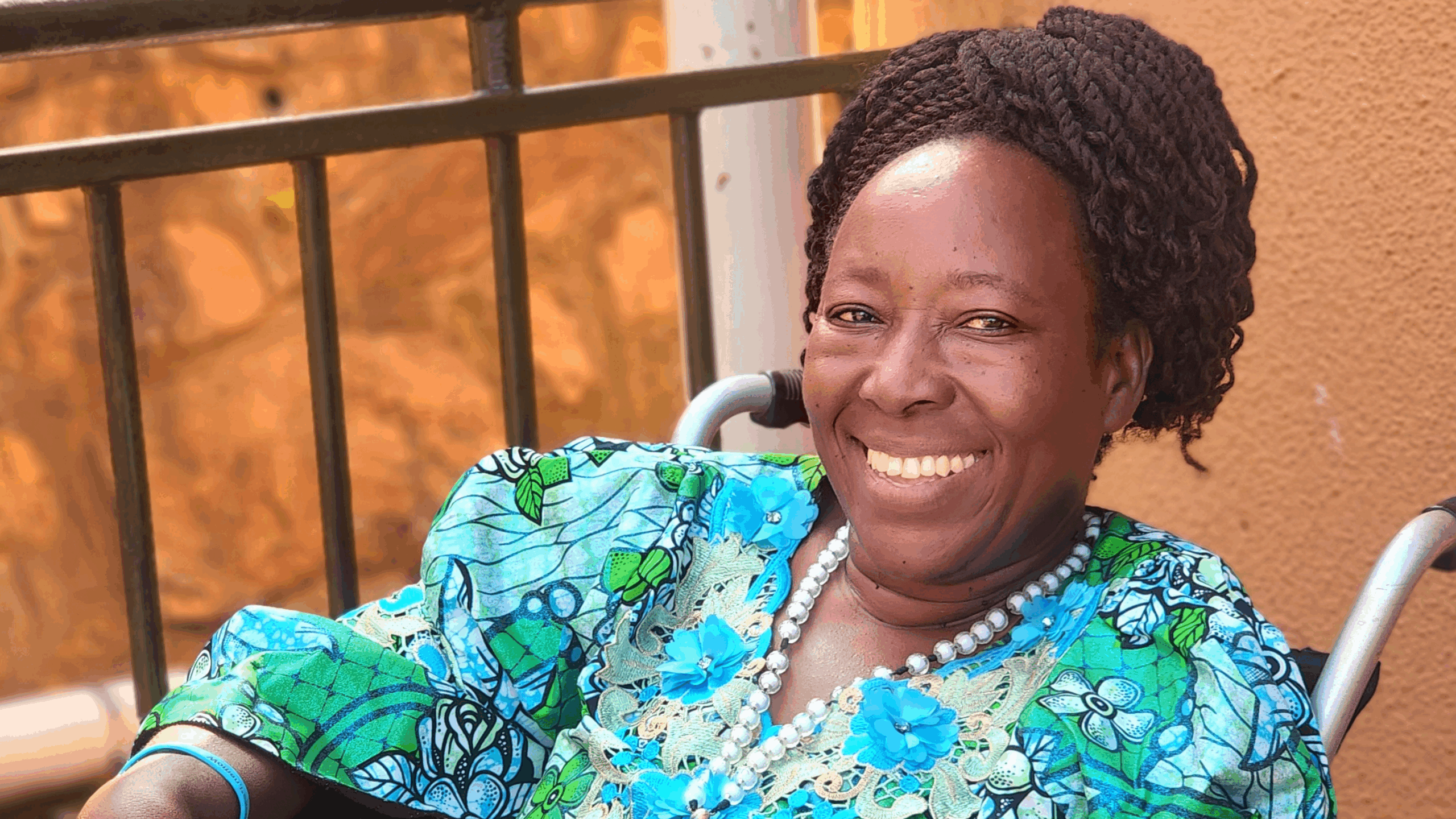Meet Juliet.
Juliet Mbambu is the founder and leader of Bwera United Women with Disabilities Association (BUDWA) an organisation of persons with disabilities in Bwera, Kasese, Uganda.
BUWDA is a community-based organisation that supports women and girls with disabilities to learn skills, earn money and live free from discrimination and violence.
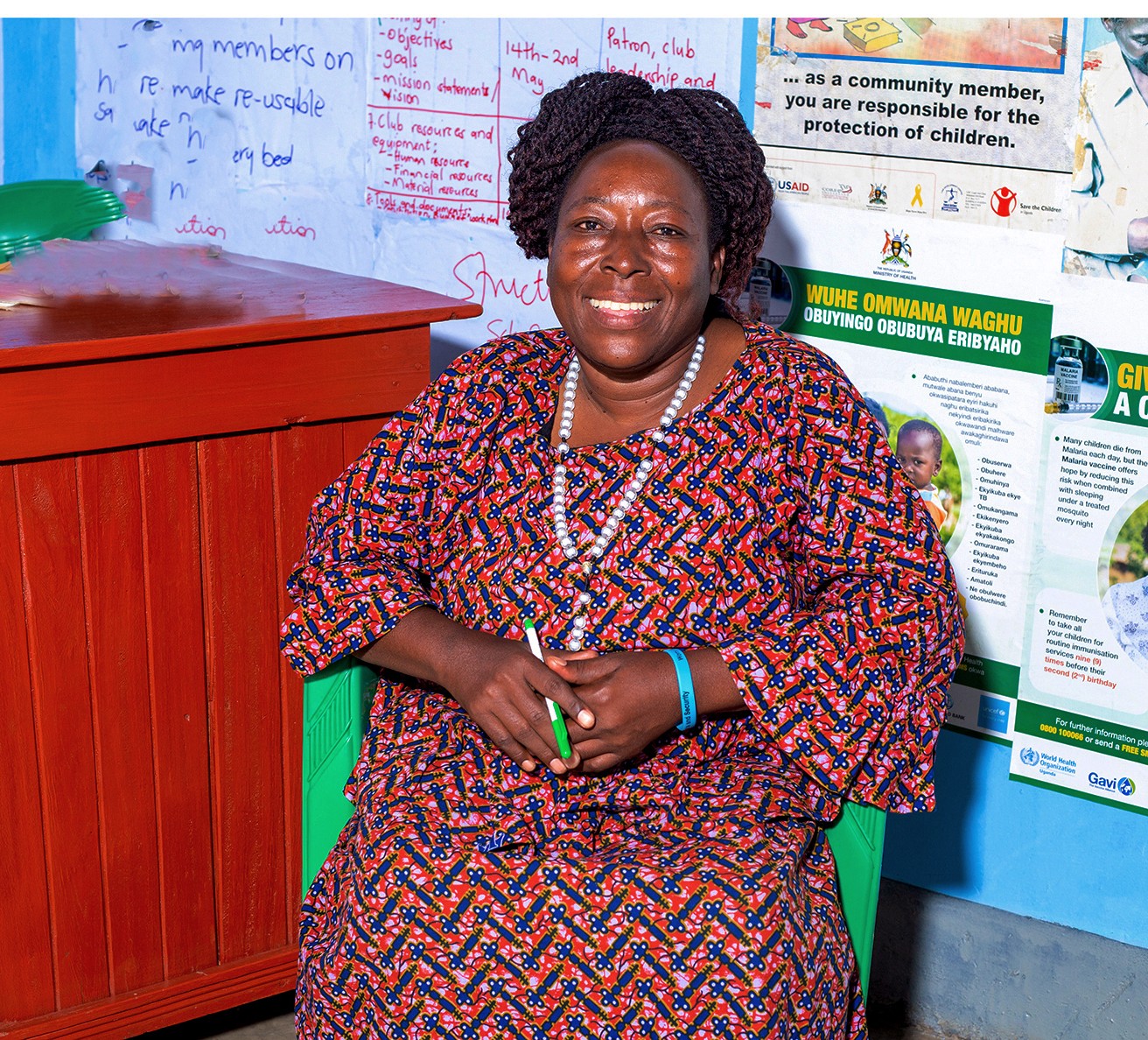
“I always tell people I’m an empowered woman
and I advocate for other women with disabilities.
In advocating for our rights, in amplifying our
voices, we are seeing some real positive change. It is working.”
Juliet
The Power of Community.
“In 2003 we came together as five women with disabilities and considered the negative attitude towards women and girls with disabilities in our community.
“Parents of children with disabilities don’t send them to school because of stigma. Women with disabilities are more likely to be victims of gender based violence. We are left out of employment, and our environment is not accessible. And so, we founded BUDWA.
“We thought, if we bring these women with disabilities together and we advocate for others it will get better. We thought we wouldn’t make a very big change, but we have exceeded our expectations. We have gone beyond. We are trying to change that negative mindset to a positive one.”
“Let people know that women and girls with disabilities can also amplify their voice and be heard. If given the chance we are positive change makers.”
Advocating for Every Child’s Right to Learn.
“We advocate and support parents to take their children with disabilities to school.
“I’m empowered because I went to school. I can write my name and read signposts. But what about someone who never went to school?
“Here in Uganda the policy is ‘education for all’. But what happens is that children with disabilities are left behind from an early age. Because people have a negative attitude towards those children.
“Another problem is, the parents may be willing to take the child to school, but there’s the issue of accessibility. The school entrance itself is a barrier. There are steps. If there is a ramp it might be too steep. So we advocate for wheelchairs so these children can go to school.”
“If we had more funds, we would like to support younger children with wheelchairs and other accessibility items to enable them to attend school. This would be a long term and sustainable investment because many of those things would last long after we finish the project. The children will be able to complete school and have access to information.”
“If not given education, the life of any woman or girl with disabilities becomes very difficult in future. Very difficult. If you can’t read and write you lack information. Lack of education is lack of information. For example, I was able to read about a grant in the newspaper. If I couldn’t read how could I apply for this grant.”
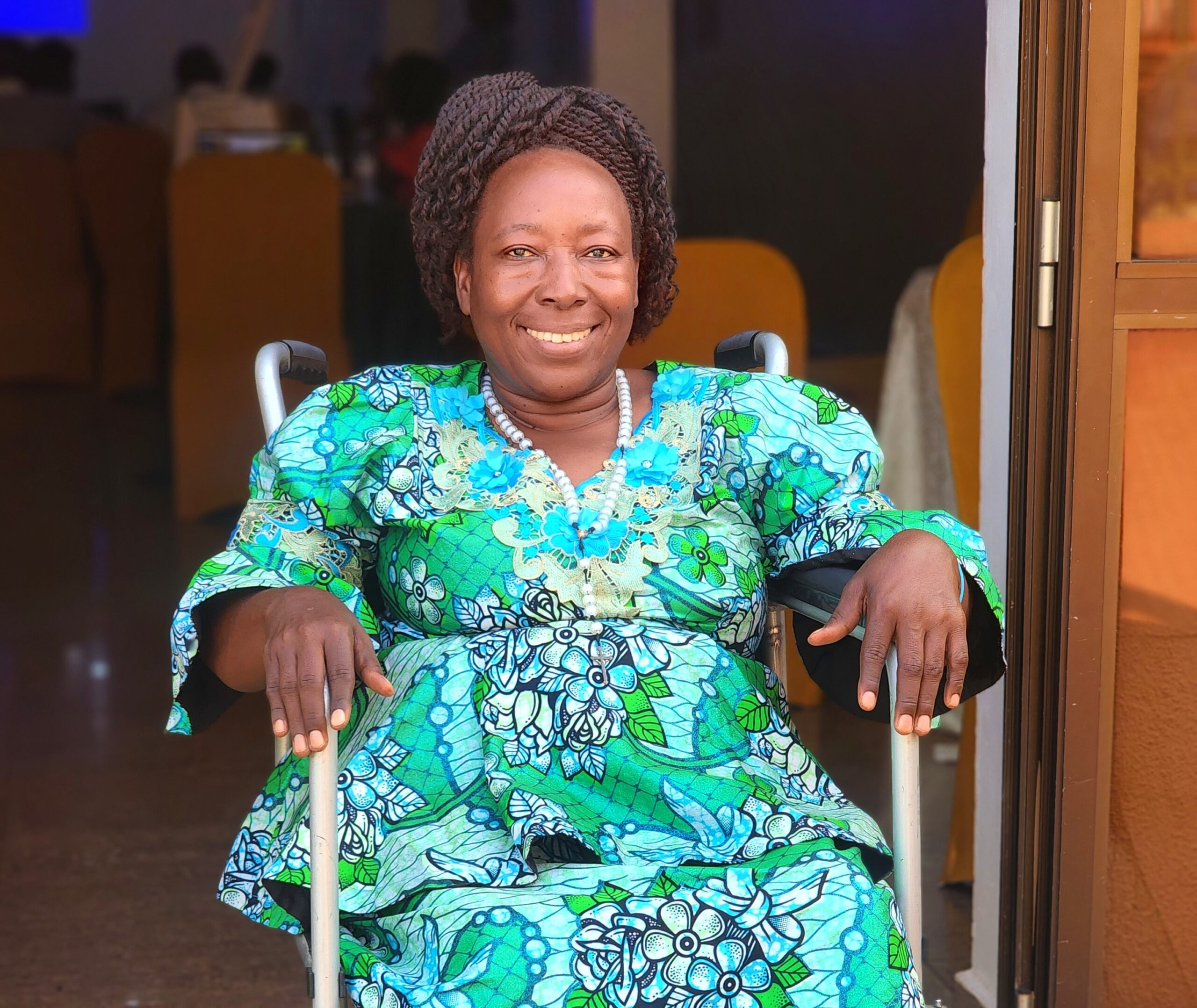
“With the advocacy and support, in the long term, others will become educated. They will see that a child with a disability can learn, can work and be independent. I say: teach me how, but don’t do it for me.”
Juliet
Second Chance Education.
BUDWA’s model addresses both immediate needs and root cause. Where women and girls with disabilities are missing out on education, they both offer ‘second chance education’ – training for women with disabilities to earn a living, as well as working with parents to make sure children with disabilities are allowed and supported to go to school.
“At BUDWA we run something called Second Chance Education for women with disabilities who did not get an education.
“We have trained women with disabilities in hairdressing, tailoring, crafting baskets as well as sandals.
“We also do welding and motorcycle repair. Why should women with disabilities not do things like welding?
“These crafted bags can bring a daily income. Someone with a sewing machine on the street will never fail to get a customer. People always need welded windows and doors. And it is sustainable.
“We have the knowledge if we are given opportunity. We try to support some women with disabilities to run a small business. Some sell avocado, tomatoes, onions, others sell mandazi (doughnuts) or kabalagala (banana pancakes).”
BUDWA’S Savings and Credit Group.
BUDWA has a savings and credit group which they developed to support each other in times of need and to invest in their futures.
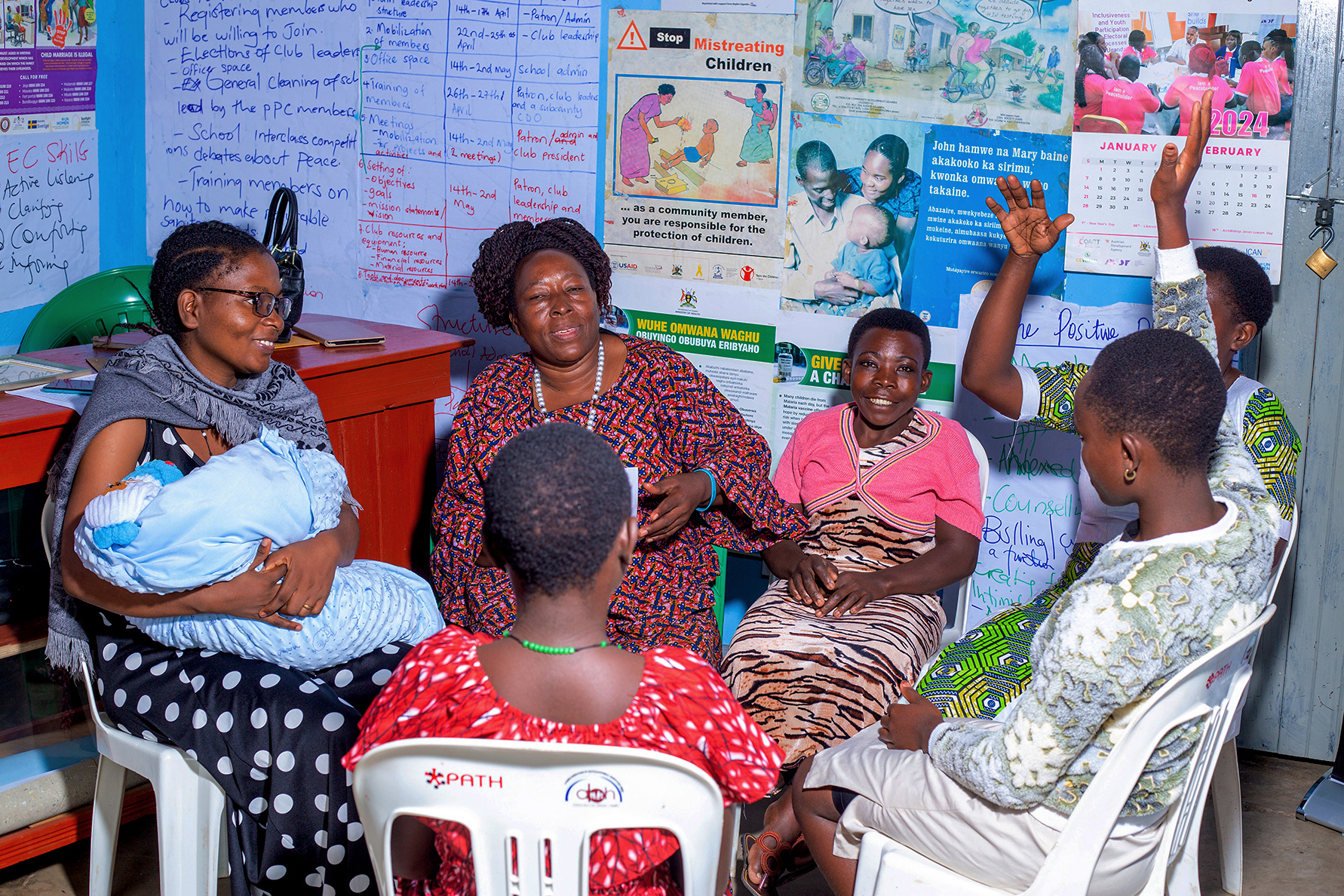
“It is really very difficult to have to go on to the street looking for someone to give you money. Giving you something to eat. We thought doing savings and credit would bring us together and be a source of money for welfare.
“Every Thursday we have a meeting. We all meet up and put in money. Each of us does not save more than 1,000 Shillings per week (about 20p).
“After putting in our savings we will say, “who needs welfare support?” There is usually someone who will need a loan of 2,000 Shillings (about 40p), and giving this woman the loan means she will not have to go to the street and have to beg for food.
“Also during the savings meeting someone might say, “I need a loan”. The members will ask, “how much do you need?” “I need 10,000” (£2). “For how long?” ”One month, my children don’t have books for school.”
“Immediately the members of the association decide, they give you the loan immediately. Our loans are very easy, we charge only 1% as interest, because it is our money, it is ours.
“We are 30 members in the group, so when we each save 1,000 per week, we have already saved 30,000 per week. In the group we have 15 women with disabilities, and also 15 parents of children with disabilities.
“A mother of a child with a disability might say, “I need a loan, I am capable of selling tomatoes but need money to first buy them.” We are near the border (with the Democratic Republic of Congo), and there is a border market here, she can go to the market and earn some money for her children. She can sell the tomatoes from her home, people come to her and buy them, so she can care for her child with disabilities, who is one of us. That way the girl with disabilities is protected.”
“The community may have a negative attitude at the beginning, but when you begin something like BUDWA and it lasts more than 20 years, they say, these people know what they are doing! And so, we need to amplify our voice, we need to continue.”
Juliet
Turning Skills into an Income.
“The women who we train are doing well and learning new skills. But now, we need to give them some tools, some start-up capital.”
“We want to support them in income-generating projects. For example, Jenipher has learnt tailoring, but she needs a sewing machine. If she has her own machine, over time people will get to know that she is a designer and she can make good quality clothes; they will keep on bringing fabric to be sewn to her.

“We also need a space to do our trainings. Where we can demonstrate how to do these things. That will build the sustainability of our work.
“People with disability are suffering, and more especially women and girls with disability. We suffer a double discrimination. We are vulnerable to serious abuse.
“I have seen discrimination reduce in Bwera. But people are still lacking information.
“But what we are doing is working! In the long term, people are starting to understand what we are capable of – that negative mindset will be changed to positive. Change is a long-term project. And we are exceeding our targets. When we tried to organise a community meeting with 80 people, 100 turned up! And we spoke about disability.
“If given the chance we are positive change makers. We just want for women with disabilities to reach their full potential. But we need some support.”
HEAR FROM SOME MEMBERS BUDWA IS SUPPORTING
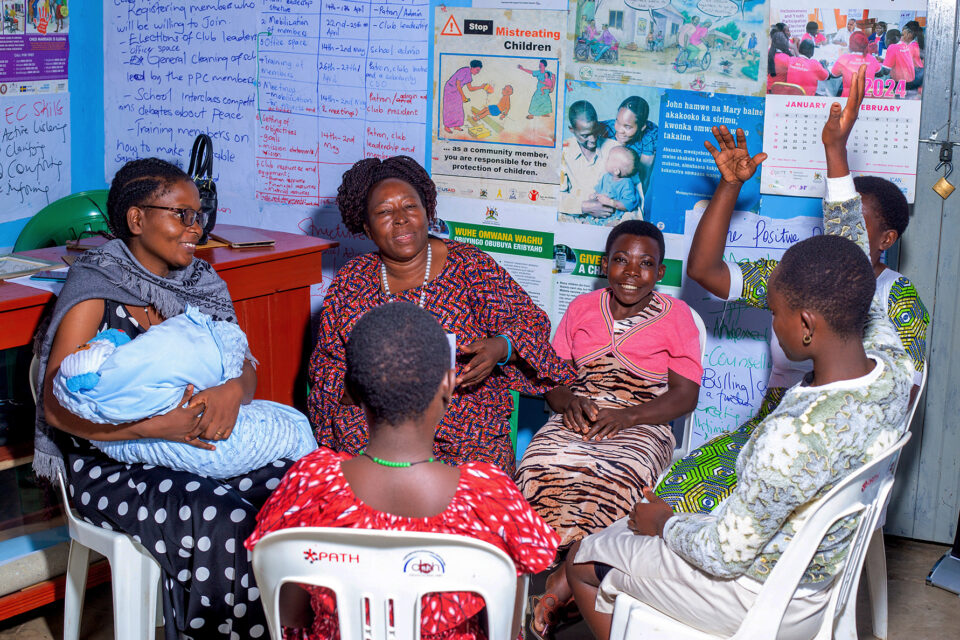
DONATE
Donate to our appeal and support community organisations working for disability justice.
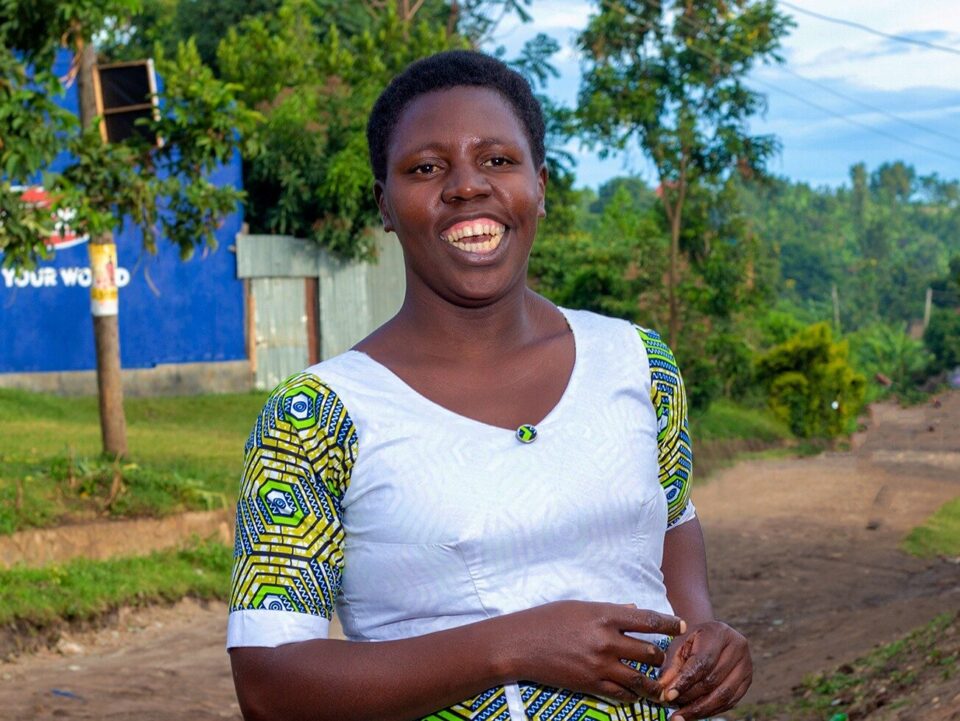
BIIRA
Read Biira’s story of joining BUDWA, and why she wants to share what she has learnt.
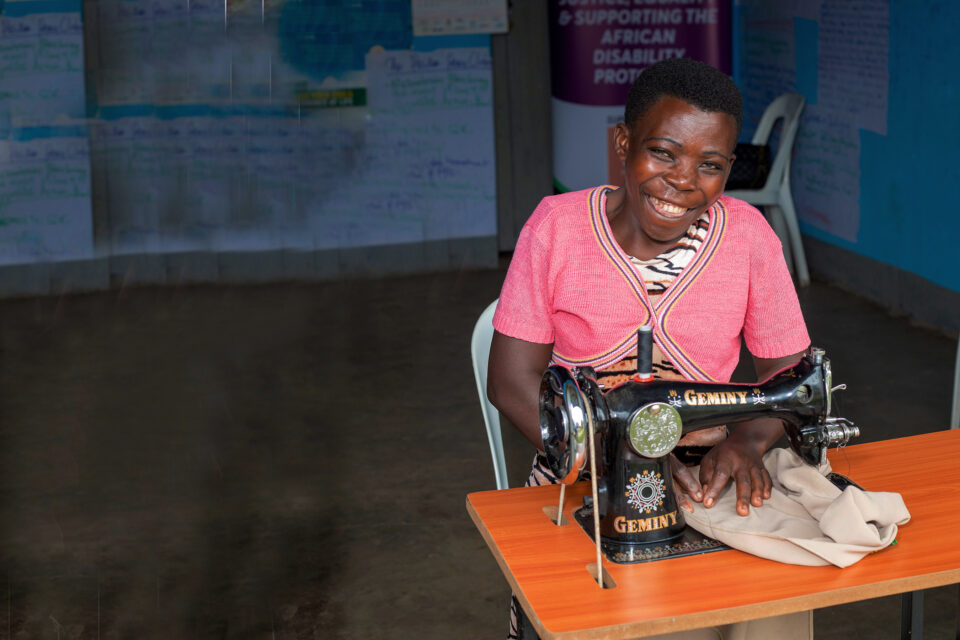
JENIPHER
Hear how Jenipher learnt a new skill and her plans to earn money from tailoring.

